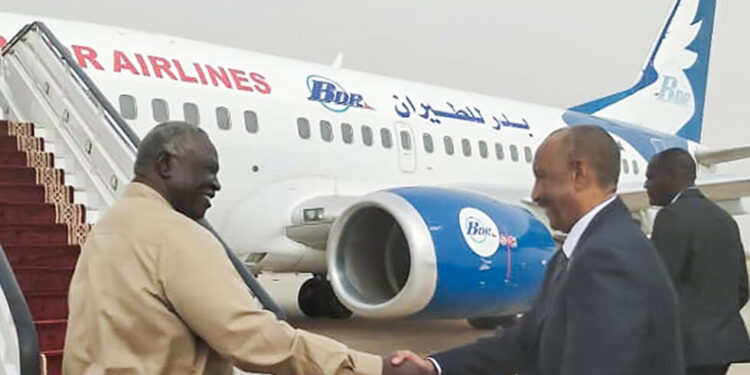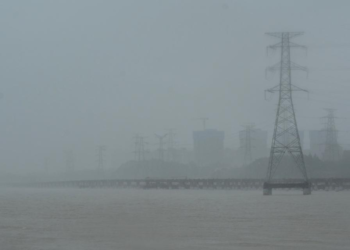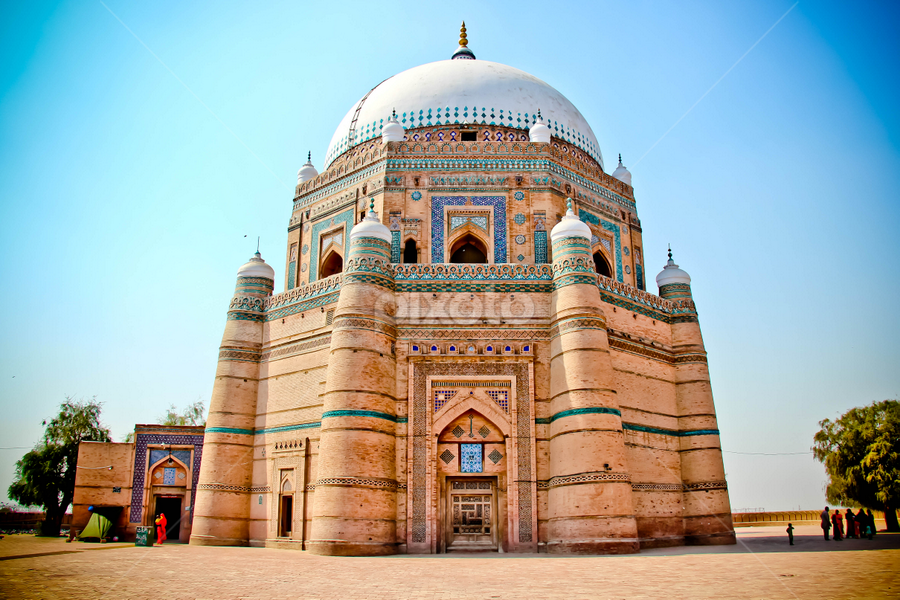Sudan’s army chief travelled Tuesday to Egypt on his first trip abroad since the outbreak of war in April, with the latest violence killing dozens of civilians in battle-scarred Darfur.
As Abdel Fattah al-Burhan departed, medics and witnesses said 39 civilians were killed, most of them women and children, in shelling of Nyala, Sudan’s second city in South Darfur state where fighting between the army and paramilitary forces has intensified.
The general was to hold talks with Egyptian President Abdel Fattah al-Sisi, a key ally, on the developments in his war-ravaged country and bilateral ties, said the Sovereign Council, Sudan’s highest authority.
Burhan, who traded his trademark military fatigues and green beret for a suit and tie, was greeted by Sisi in Egypt’s northern coastal city of El Alamein after flying from Port Sudan, Egyptian media reported.
The war between Burhan and his former deputy turned rival Mohamed Hamdan Daglo, who commands the paramilitary Rapid Support Forces (RSF), has raged since April 15.
It has spread from Khartoum and the western region of Darfur to Kordofan and Jazira state, killing thousands and forcing millions to flee their homes.
For months, the RSF had besieged Burhan inside military headquarters in Khartoum, but last week the general made his first public foray outside the compound to review troops in parts of the country.
On Monday he was in Port Sudan where he made a fiery address to troops, vowing to fight the RSF who he branded mercenaries to “end the rebellion”.
“We are mobilising everywhere to defeat this rebellion, defeat this treason, by these mercenaries who come from all over the world,” Burhan told cheering soldiers.
“There is no time for discussion now. We are concentrating all our efforts on the war, to put an end to the rebellion,” he said.
His comments came a day after Daglo released a statement detailing a 10-point “vision” to end the war and build “a new state”.
The plan calls for “civilian rule based on democratic norms” and “a single, professional, national military institution” — the very sticking point which turned the former allies into rivals.




















